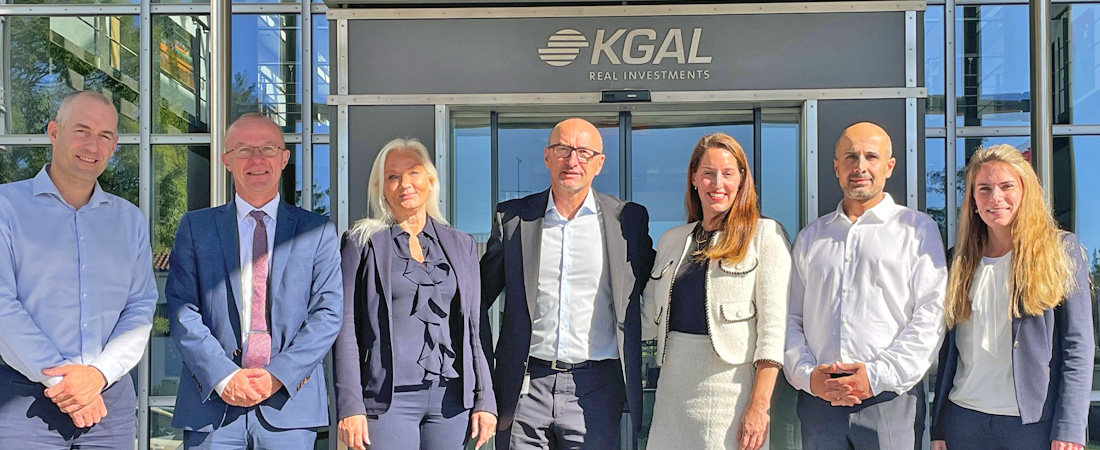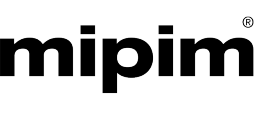News & Insights
New Green Hydrogen fund KGAL ESPF 6 invests in Arcadia eFuels climate-neutral e-kerosene production facility

Following its first close, the new Article 9 impact fund KGAL ESPF 6 invests in Arcadia eFuels hydrogen-based production facility in Vordingborg, Denmark. From mid-2026, the plant is expected to produce approximately 68,000 tonnes climate-neutral synthetic aviation fuel (eSAF) per year using self-produced green hydrogen. Arcadia eFuels will be producing eSAF on a scale that perfectly aligns with the EU’s recent decision to introduce a mandatory quota for sustainable aviation fuel.
“From aviation and logistics to the steel and chemical industries, from water treatment to agriculture – almost anywhere that direct decarbonisation through green power reaches its limits, green hydrogen can be the solution,” explains Michael Ebner, Managing Director of KGAL Investment Management. “Given the multitude of possible applications, there is enormous potential. Straits Research, for example, forecasts that the green hydrogen market in Europe will grow by an average of 55 percent per year up to 2030.”
KGAL aims to tap this potential for institutional investors with KGAL ESPF 6. This Energy Transition Fund focuses on new hydrogen infrastructure projects in the EU-27 and the UK. KGAL ESPF 6 has a further 30 green hydrogen and energy transition projects in the pipeline – two of which are in advanced negotiations.
The production of green hydrogen from renewable energies is currently still more expensive than the environmentally harmful production of grey hydrogen from natural gas. Support mechanisms and the regulatory framework play important roles in developing a hydrogen economy and managing the new KGAL fund. This is exemplified by KGAL ESPF 6's initial investment in Arcadia eFuels Vordingborg production plant.
Pioneering project Vordingborg
While research is being conducted on e-aircraft, the eventual electrification of aviation will still take decades. Green hydrogen, on the other hand, can be produced from renewable energies via electrolysis and then converted into climate-neutral e-kerosene. E-kerosene is one of the Sustainable Aviation Fuels (SAFs) that, according to an EU decision will have to be in the tank of all EU-departing flights in the future. The blend will have to include at least 2 percent of SAF as early as 2025, rising to 6 percent in 2030 and 70 percent in 2050. Today, the global production of SAF accounts for only 0.15 percent of kerosene consumption. KGAL’s investment in Arcadia eFuels will increase adoption of decarbonised fuel for the aviation industry, as the company builds large scale production facilities to meet the demands of today and for the future. Arcadia eFuel’s Vordingborg facility will be one of the first large scale production facilities devoted to eSAF.
“The demand for eSAF will increase exponentially and we will be among the first to deliver,” comments Thomas Engelmann, Head of Energy Transition at KGAL. “What is more, Arcadia’s management, led by Amy Hebert, has decades of experience in the refinery and chemical business. Our partners know the market and the technologies down to the last detail.”
The plant's annual production of 68,000 tonnes could send an Airbus A320 from Munich to London about 15,000 times. Potential customers include fuel suppliers and distributors, as well as airlines and initial agreements have already been made.
“Arcadia is fulfilling the promise of creating the world's future fuels to power the world while protecting the environment,” says Arcadia eFuels CEO Amy Hebert. “The team at KGAL have become great partners, seeing our vision of building production facilities at scale to serve the growing needs of decarbonised fuel for aviation and logistics.”
The right time for investors
For about three years, green hydrogen has been hotly debated in the investment industry. What was lacking, however, were clear regulatory frameworks, funding mechanisms and, above all, concrete projects. This is now changing, as can be seen in KGAL ESPF 6. “In addition to the Vordingborg e-kerosene project, further fund investments for decarbonising energy-intensive economic sectors are imminent,” reports Florian Martin, Managing Director of KGAL Investment Management. “KGAL got involved with green hydrogen at an early stage, and has the expertise and network to participate in the expected breakthrough of the hydrogen economy with KGAL ESPF 6.”




